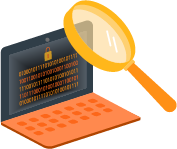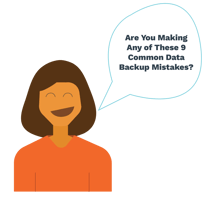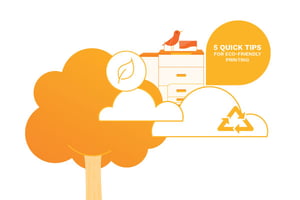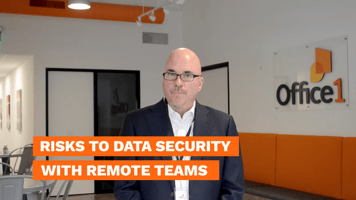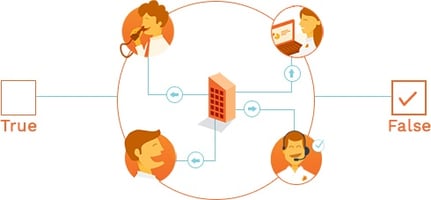Because of the booming American economy and continuously evolving tax environment, corporations are expected to invest in new office equipment at an increasing rate. According to author Brian Holland, “Manufacturers alone are expected to save roughly $261 billion during the next decade from the Tax Cuts and Jobs Act of 2017.” With the recent changes to corporate tax rates under the Tax Cuts and Jobs Act, it is more important than ever for businesses to pay close attention to how they obtain their assets. By staying well-informed, it saves companies a significant amount of money and gives them the opportunity to grow and reinvest.

What changed with the 2018 Tax Reform?
One of the biggest advantages to owning a fixed asset is the new change in taxes according to Section 179 of the act. Under Section 179, the maximum tax deductible for the cost of qualified new or used business property doubled from $500,000 to $1,000,000. This means that your business is able to deduct the cost of certain assets and allows owners to choose which equipment or assets they want for the deductible. According to David Burton, an ELFA Federal Tax Committee member, this deductible is placed into service from 2018 to 2022 and applies to most equipment, including the majority of office equipment and appliances.
Some of this office equipment also qualifies for a first-year bonus depreciation, also known as 100 percent expensing, which includes used property.
However, this bonus depreciation is a temporary provision of the act and begins in 2023. It will decline 20% each year until it reaches 0% in 2027. While this offers big savings to companies, it is less flexible than the tax deductible.If you depreciate one asset, you must depreciate all items related to that asset.
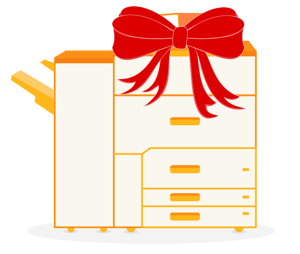
These two tax breaks encourage companies to buy new and used equipment, and ConCannon Miller claims that, “Many businesses will be able to write off the full cost of most equipment in the year it's purchased. Any remainder is eligible for regular depreciation deductions over IRS-prescribed schedules”. For those of you who already own or lease equipment, if the asset was obtained after September 27, 2017, it is eligible for the bonus tax depreciation. If obtained before September 27th, it is unlikely that the Tax Reform will provide any deductibles or additional savings. Additionally, companies should be aware that the tax deductible under Section 179 has certain restrictions and can be affected by factors such as one’s business income and what type of equipment is being bought or leased.
While these tax cuts don’t necessarily apply to leasing equipment, there are other changes under new U.S. accounting rules that will benefit companies looking to lease. According to author Brian Holland, “The balance sheet presentation of an Operating Lease reflects only the present value of the rents due under the contract as the asset amount, and as a result, it is still “partially” off-balance sheet.” This means that a capitalized cost asset is cheaper than a cash or loan purchase for businesses with operating leases. In addition, Section 179 of the act allows companies to deduct the total amount of the equipment in a year, but it doesn’t force the company to pay the total amount in that same year. This helps companies bottom-line because the amount it saves in taxes can outweigh the company’s lease payments.
Going Forward
With all this knowledge, there is still the question of, “What now?” As a company with assets already obtained or one in the market for equipment currently, how can you use this change in policy to your advantage?
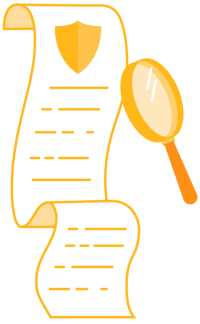
Although these tax and law changes are beneficial to companies, it is important to know how each of these laws apply to you.If a business has assets that were obtained after September 27th, 2017, it is important that they take advantage of the increased tax deductible and bonus depreciation. This will save your company money and allow you to reinvest in new equipment or other aspects of your business. It is also important to keep these changes in mind when looking to obtain potential assets. Because of changes in owning equipment, it might be more beneficial for you buy an asset that you would have previously leased. With the changes from The Tax Cuts and Job Act, it is important to do your research, stay well-informed, and up to date on new policies.
Categories: Office Hacks, Finance


